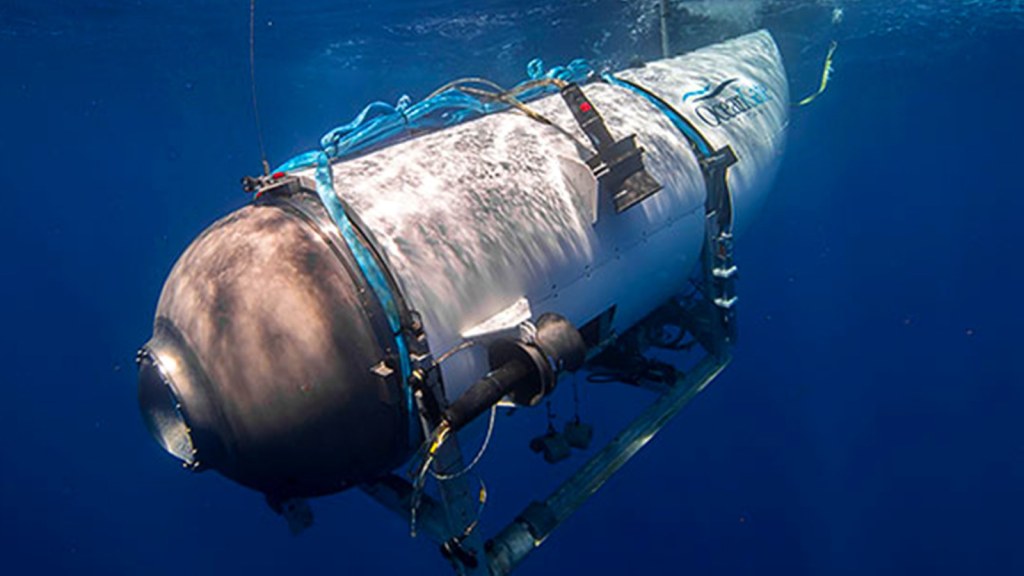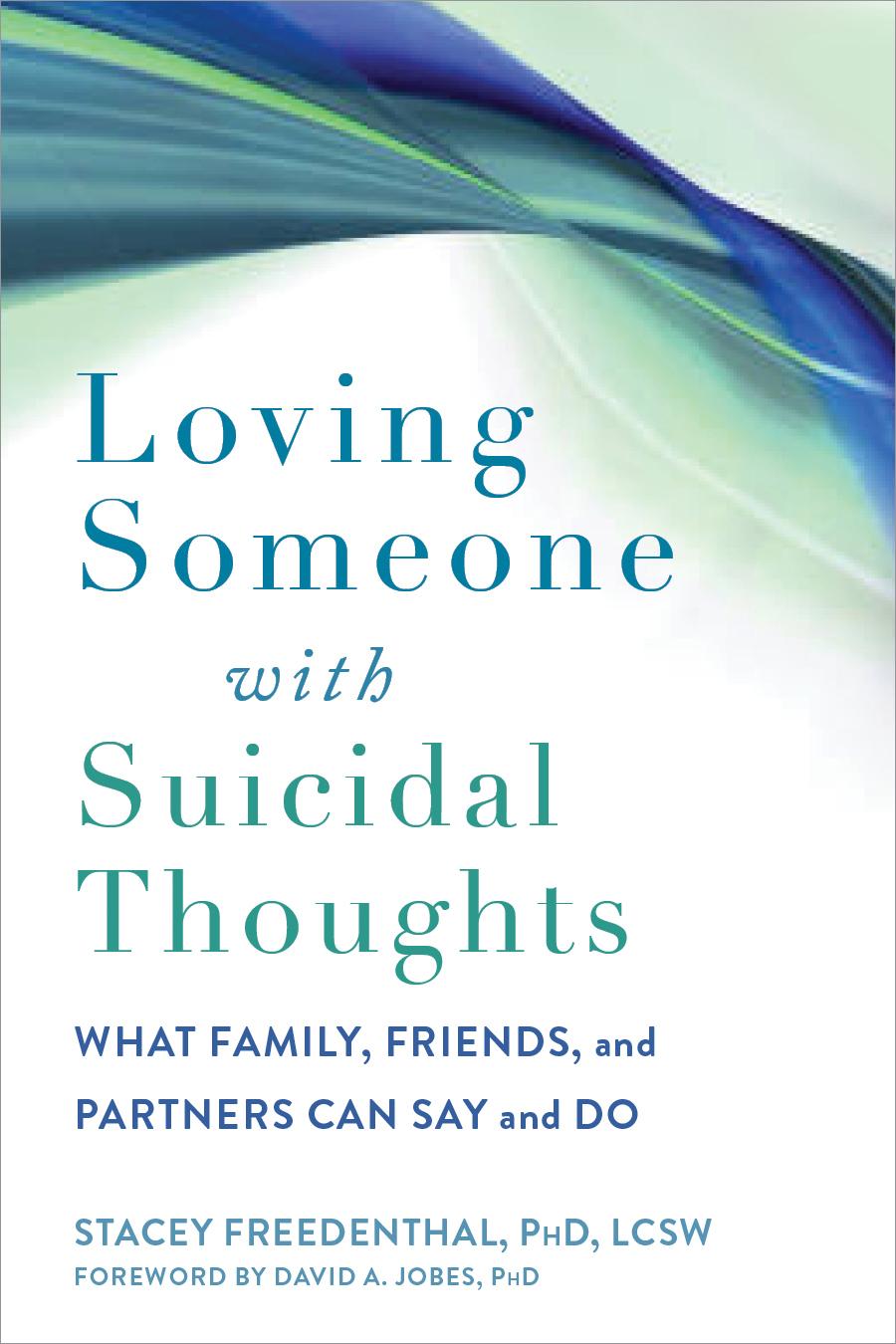
Like millions of other people in the world, I was transfixed this past week by reports of five people stuck in a locked, cramped cylinder deep in the ocean near the Titanic wreckage. I compulsively checked the news for days — until the authorities discovered on Thursday that the men had died in an implosion.
Some people asserted that the media – and, by extension, the public – cared about these men’s fate only because they were uber-wealthy. After all, the passengers reportedly paid $250,000 each for a spot in the 22-foot submersible. Meanwhile, when hundreds of migrants drowned after their dilapidated ship sank off the Greek coast, the tragedy garnered far less media attention than the missing submersible.
It’s awful that the death of hundreds of migrants doesn’t also capture everyone’s attention. That’s a tragedy of epic proportions. But I don’t think people’s fascination with the lost submersible was due to the passengers’ wealth. We saw a similar frenzy of round-the-clock media coverage when Chilean miners were trapped a half-mile underground for 69 days, and when 12 adolescents and their football coach were trapped in the Tham Luang Nang Non cave in Thailand for roughly two weeks, and when baby Jessica was trapped in an abandoned well for 59 hours. Neither the miners nor the teens nor Jessica were reported to be wealthy.
No, I think what riveted people so much about the Titan’s disappearance was empathy.
An ongoing tragedy can summon empathy for what we imagine the person is experiencing moment by moment. Those of us entranced by the missing submersible’s fate empathized with how unfathomably awful such a fate seemed to be: Trapped, sitting cross-legged on the floor in essentially a metal barrel with four other people, knowing you will die when the barrel runs out of oxygen.

Personally, it’s unbearable to consider such a plight. There’s so much that’s horrid: the claustrophobia, the leg cramps, the inability to stretch, the thirst, the hunger, even the lack of a proper toilet – those are bad enough, but even worse would be the knowledge of your imminent, unavoidable death.
We felt horror for these people’s suffering because it could at any moment be us. At any moment, no matter how careful we are, anything can happen. At any moment, we may find ourselves trapped, hopeless, enduring a slow, agonizing demise. We might not ever pay $250,000 to go to the ocean’s bottom, but we could find ourselves plunged into an ocean of pain and despair, trapped, certain our only escape is death. Some people, especially those driven to suicide, may already feel they are living out that fate.
Really, if you think about it, we’re all passengers on a submersible already. Fortunately, our metaphoric submersible is huge, with sun and sky, so we can stretch our legs and do almost anything else we want in it. But the oxygen will run out eventually. It might be a slow process, or our life might end without our ever really knowing what’s happening.
This is why so many people felt hope, too, about the submersible, I think. Hope that a miracle would happen. Hope that the people would be discovered in time to live. Hope that if we ever were trapped and suffering, someone could – indeed, someone would – save us.
Hope tastes so sweet, but sometimes hope is more fantasy than feeling. That was the case here.
When news came out Thursday that the submersible had imploded in its first couple of hours underwater, I felt sad about the deaths, but also relieved. The people inside it didn’t suffer inexorably for days. I felt even more relief when I learned that the implosion probably happened “in a fraction of a millisecond,” so quickly that the people died without awareness of the calamity.
With this new knowledge, I pondered again the enormity of dying over a period of 96 hours, with full awareness of what is happening and no escape. Perhaps I’m a glutton for punishment, or overly prone to anxiety – or, alternatively, just human. After all, humans crave stories. Stories enable us to problem-solve in advance, in case we find ourselves in the same predicament.
So, I tried to fathom the unfathomable, to bear the anxiety of considering the excruciating fate that the submersible’s passengers might have experienced if death had not come quickly. My head concocted scenes of agony: the father’s anguish for bringing his 19-year-old son onto the vessel, the pilot’s sense of responsibility for the people his creation had failed, the searing regrets of ever having decided to take this ride.
As I allowed myself to sink deeper into this scenario, something unexpected happened: awe. Yes, awe. I imagined being trapped, awaiting a certain death, and feeling awe for any existence at all. Awe for the remaining moments. Life might seem even more precious. We might remain curious about what is to come, moment to moment, and beyond. This curiosity might calm us.
What?
These thoughts were foreign to me – a revelation. Were they nonsense?
Then I remembered a Buddhist parable about a man who’s being chased by a tiger. The man’s only options are to surrender to the tiger’s teeth, or to jump off a cliff to yet another tiger, waiting below. He jumps. As he falls, he grabs a vine poking out from the rocks. There he dangles, safe from both tigers but doomed to fall thousands of feet to his death once his lifeline inevitably breaks.

Meanwhile, two mice gnaw away at the vine. As he dangles toward his death, the man notices a strawberry growing from the rocks. With his other hand, he picks the strawberry, puts it in his mouth, and – as the parable goes – exults in the strawberry’s sweetness.
Perhaps that parable romanticizes the terror of imminent death, but the message it conveys is salient: At any given moment, we have only the moment we’re in. For now, the future is the mind’s creation.
If we were trapped in the abyss and there was absolutely nothing we could do to save ourselves, maybe we would be like the man dangling from the cliff: accepting of the moment and indulging, with curiosity, in whatever existence remained for us.
Maybe?
This is all conjecture, of course – a story I tell to convince myself I could cope if the worst happened. A story I tell to tolerate the pain that comes with empathy for people in an intolerably painful state. A story without end or certainty, only the infinity of imagination, for better and for worse.
*
Copyright 2023 Stacey Freedenthal. Top photo by Thistle Azami on Unsplash.



You are amazing and so much like your Mom was when we were at O.U.
Thank you! I consider that a grand compliment.❤️
beautiful piece, Stacey. I love your writing. I also felt anguished from when the news of the lost vessel became public. And was, too, suffocated by the thought of the fear that the passengers had to live through while waiting for their imminent death. Thank you for sharing your thoughts.
Such a thoughtful piece about facing our ultimate solitude. And I love the strawberry parable!
Great piece; I would agree. I was discouraged this week by the lack of empathy I saw on FB. It is as if our political polarization has left us only able to see things as either-or. If you cared about the migrant refugees, then you joked about dead billionaires. If you expressed concern over those aboard the submersible, then you were giving short shrift to those on the capsized trawler. We can mourn both. I fear we have a large group of people who see empathy as a sign of “weakness.”
Stacey, Thanks for sharing your thoughtful theory about the submersible tragedy. But, I only had fleeting feelings of empathy for the people in the situation. Maybe you haven’t heard the story of the man & his son who were invited on the trip. The son did research and they concluded it was too dangerous. They declined and a different father and son accepted.
My concern was and is with the hundreds of migrants in the capsized ship who were desperately seeking opportunity. They have been abandoned and left to drowned.
Our opinions and feelings are so influenced by the news we hear, watch, and read. It’s likely you and I access different news sources.
Whoa.
Our minds have traveled along very similar paths as the story of the Titan unfolded to it’s unfortunate climax.
Your metaphor about submersibles is well taken.
Buckminster Fuller spoke at length about humans all being “fellow passengers on Spaceship Earth”.
These observations are consistent with your thoughts.
I’ve got to go pick myself a strawberry now.